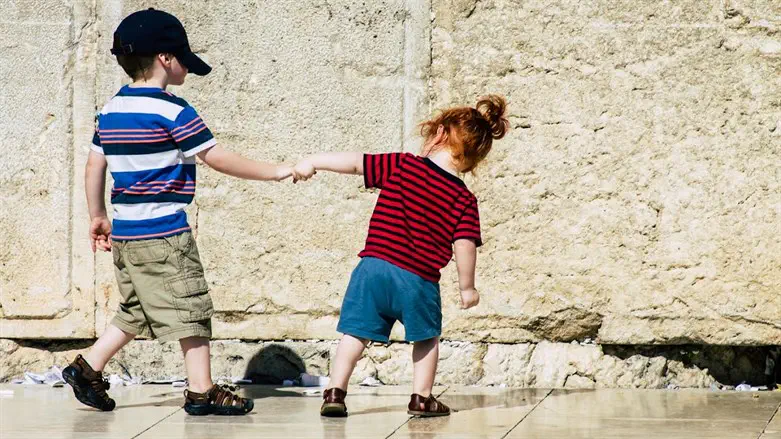
As parents, one of our greatest desires is to see our children continue in our ways and embrace the values that we raise them with. We invest in their education and try to set an example. We deeply treasure the beauty of our Torah way-of-life and our deepest wish is to be able to pass that on.
These wishes and dreams do not always materialise and we see what we describe as children going “off the Derech” (perhaps more appropriately children who are on their own Derech).
Ultimately, we don’t know why a child goes “off the Derech”. There can be many reasons, many of which are beyond our control and we can’t blame ourselves. It happens to the best families and cuts across all communities. Like everything in our lives, everything is directed by Hashgocha Protit (Divine providence) and is in Hashem’s control. Hashem has His plans for each one of us.
We can only do our best to educate them and guide them for as long as we can, in the best way possible. As they grow up and become more independent, our influence lessens and they start to make their own choices in life.
We cannot control the choices they make as young adults and we have to let them grow on their personal life journey.
All we can do is love them; Love them for who they are. Love them because they are your child. Love them because they are a precious Neshama.
Yitzchak and Rivka had two sons. For thirteen years they were provided with the very best Chinuch, with Avraham himself as their Rebbi. Their parents were super role-models, beacons of spirituality.
But even in this home of purity, from the age of 13 Eisav gravitated away and by the age of 15 he was openly rebelling against the values of his upbringing.
Yitzchak knew who Eisav was and what he was up to. Yet the Torah tells us that Yitzchak loved Eisav. The Midrash asks how Yitzchak could love such a wayward child?
The Midrash explains that this illustrates the Torah’s paradigm of ימין מקרבת, that we should always draw close with the right hand. If Eisav went so far away with his father’s love, imagine how much further away he would have gone without it.
Sometimes our children may seem far away. We may feel hurt, loss, rejection, anger, sadness. But we need to put our personal feelings aside and show our unconditional love. Indeed, it is the child that makes it hardest to love, that needs our love the most.
The unconditional love that we give and continue to share and express to them, is the most important thing that we can give. Without it, who knows where they could end up.
Wherever they are at and wherever they are, deep in their heart they know that their parents genuinely love and care for them, unconditionally. They will carry this with them as they go on their own path and it will anchor them and cocoon them and hopefully keep them safe.
The Gemara teaches that in the future, Hashem will come to Avraham and say “your children have sinned against Me”. Avraham will respond “Let them be erased to sanctify Your Name.” Hashem will go to Yaakov (Yisroel), who experienced the pains of raising children, perhaps he will ask for mercy on their behalf. But Yaakov too will say “Let them be erased to sanctify Your Name.”
Finally Hashem will come to Yitzchak, who will respond “Master of the World, are they my children and not Your children? Just as You called them Your child when they accepted the Torah at Har Sinai, they are still Your child even if they have sinned.”
Reb Meir of Premishlan explains why Yitzchak will be the one to appease Hashem’s anger. Yitzchak will tell Hashem “I, a mere mortal, had a son who rebelled and still I loved him. You, who are a merciful and compassionate, certainly you should love your children Yisroel, even if they have sinned”.
This is the meaning of the verse ויאהב יצחק את עשו כי ציד בפיו. With this, that Yitzchak loved Eisav, he will ensnare Hashem with his mouth in his defence of the Jewish people, that Hashem should always love them with the unconditional love as a father loves their child.
By loving each of our children unconditionally, we cause Hashem to do the same; so that even if we are in Golus because of our sins, He will bring us back home and shower us with love.